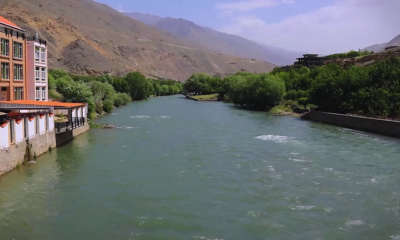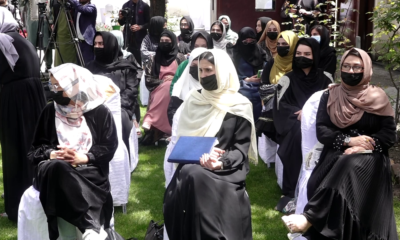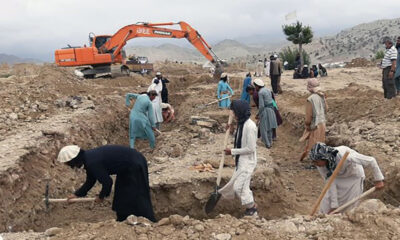Latest News
EU says ‘failed state’ scenario has to be avoided in Afghanistan
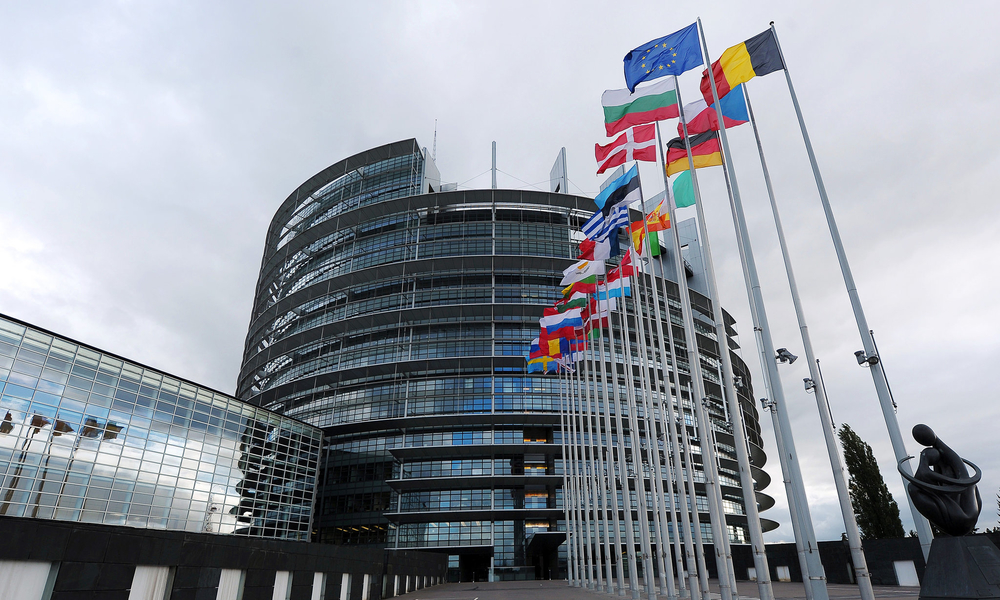
The European Union (EU) has emphasized the need to avoid a ‘failed state’ scenario in Afghanistan amid a surge in coordinated attacks by the Taliban against the Afghan forces across the country since the beginning of the withdrawal process of international forces.
In a statement on Thursday, the EU Parliament condemned in “the strongest terms” the alarming increase in violence in Afghanistan.
The organization called on the Taliban to immediately cease their attacks against “civilians and the national forces, and to fully respect international humanitarian law.”
In the resolution adopted on Thursday, Members of the EU Parliament (MEPs) point to “the confluence of the fragile domestic situation, a deteriorating security situation, intra-Afghan peace talks effectively at a stalemate and the decision to withdraw US and NATO troops by 11 September 2021.”
All this could intensify internal conflicts and create a vacuum that, in the worst-case scenario, will be filled by the Taliban, MEPs said.
“This would be very worrying for the country and for the sustainability of the socio-political achievements and progress of the last 20 years”, MEPs warned.
The MEPs also stressed that the progress made in the rights of women and girls, which is now under threat and must urgently be preserved and strengthened.
The resolution expressed concern about the fragility and instability of the Afghan Government and its lack of control over much of the country and stresses the need to avoid a ‘failed state’ scenario.
The Parliament, meanwhile, reiterated its commitment to an Afghan-led and Afghan-owned peace process and post-conflict reconstruction as the only credible path to inclusive, long-term peace, security, and development.
The organization also urged the Council, the European External Action Service (EEAS), and the Commission to “prepare and present to Parliament, as soon as possible, a comprehensive strategy for future cooperation with Afghanistan once NATO-allied troops have withdrawn and urge the EU and its member states, NATO and the US to remain engaged with this objective.”
The statement comes amid a surge in coordinated attacks by the Taliban against the Afghan forces across the country since the beginning of the withdrawal process of international forces.
So far, the group has captured over a dozen districts and dozens of military bases and outposts.
According to the reports, hundreds of members of the Afghan forces have been killed, wounded, or captured by the Taliban since the group launched offensives during the past month.
The peace talks in Doha must resume immediately to achieve a political settlement to the conflict and a permanent, nationwide negotiated ceasefire, EU Parliament members said.
According to them, only a political settlement offers hope for lasting peace, they underline. They recommend the parties should seek help from a third-party mediator, such as the United Nations, to help them agree on a political roadmap for a prosperous Afghanistan.
MEPs emphasized that European support will remain conditional on preserving and building upon the achievements of the past twenty years, on effectively enhancing inclusive and accountable governance, strengthening institutions, democratic pluralism, the rule of law, combating corruption, strengthening independent media, human rights, and fundamental freedoms for all Afghans.
Latest News
Panjshir to Kabul water conduit project ‘waiting for budget approval’
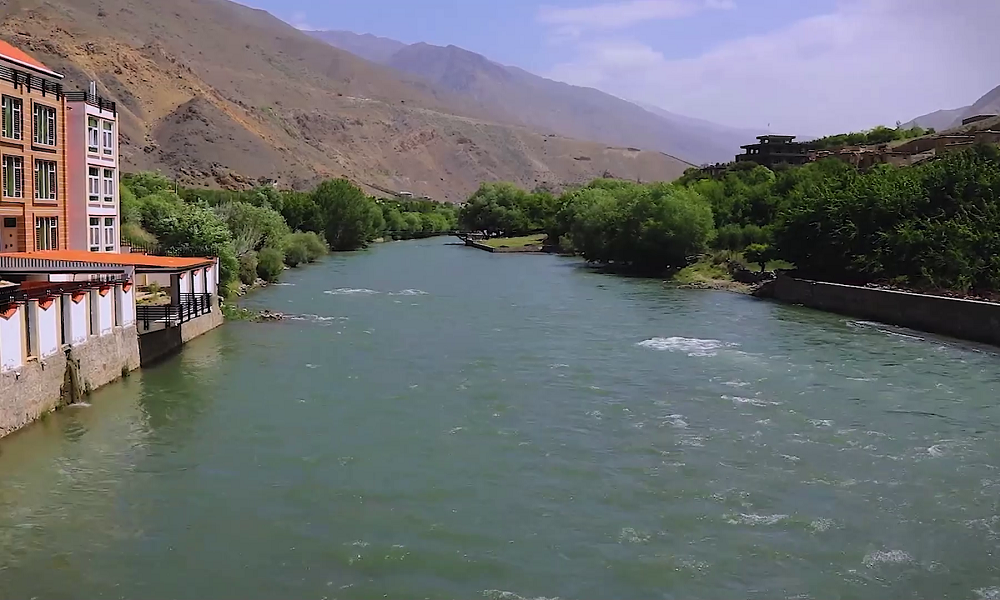
Afghanistan’s Ministry of Energy and Water is waiting for budget approval on the much-needed Panjshir to Kabul water conduit project – which, once completed, will alleviate the severe water shortage crisis in the capital.
Matiullah Abid, spokesperson for the Ministry of Energy and Water, confirmed the initial phase of reviewing and planning of the project is complete and construction work will start as soon as the budget has been approved.
Abid said the aim of the project is to help reduce water shortage issues in Kabul..
“The survey, design, and technical studies of the Panjshir water transfer project have been completed by the Ministry of Energy and Water, and the project [budget] has been sent to the leadership of the Islamic Emirate for approval,” he said.
“This project will commence once it is approved and the budget is available.”
The water conduit project will cover a distance of over 200 kms starting in Bazarak in Panjshir and ending in Tarakhail in Kabul.
Residents of Kabul have welcomed the plan and said once complete the additional water will help alleviate the drinking water crisis.
Experts meanwhile believe that this project could help Kabul’s groundwater levels to improve.
“I believe that the Panjshir water transfer project will help replenish underground water sources once again, and the people will have access to clean and healthy water. Additionally, with the transfer of Panjshir water, the agricultural lands around Kabul will also be managed with water, which, in turn, will create job opportunities for the people,” said Abdul Nasir Reshtia, an economic expert.
The plan to transfer water from the Panjshir River to Kabul was designed in 2012. In the 2020 budget of under the previous government, around $5 million was allocated for the annual transfer of 100 million cubic meters of Panjshir River water to Kabul.
The project was expected to be completed by 2023 but never got off the ground until the Islamic Emirate takeover.
Latest News
Female journalists complain about lack of access to accurate and timely information
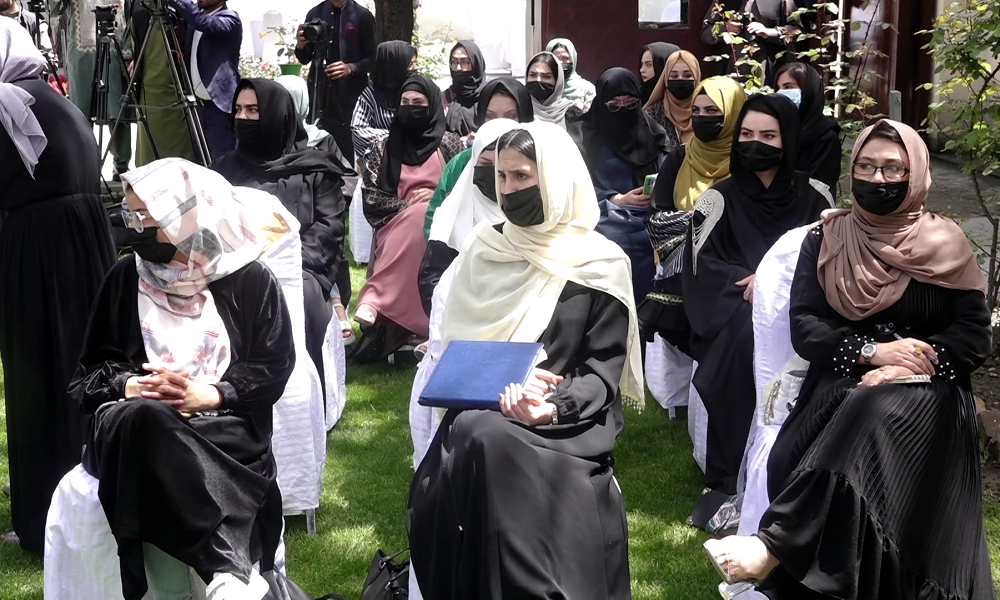
A number of female journalists say the lack of access to accurate and timely information leads to numerous challenges in their course of work.
According to some of these journalists, certain officials of the Islamic Emirate often refuse to provide information to female journalists, which creates a significant obstacle in fulfilling their professional duties.
One female journalist said: “Unfortunately, we have been subjected to intimidation by some institutions and media outlets, which hinders our work. In this regard, we urge our own media and various institutions to support female journalists the same way they support male journalists, and to allow us to continue our work.”
It is also reported that cultural and social restrictions make it difficult for female journalists to carry out their activities.
Female journalists have added that their exclusion from the media not only weakens freedom of speech but also deprives society of the perspectives and experiences of half of its population.
However, some media support organizations emphasize that the working conditions for female journalists have improved compared to last year, and currently, 745 female journalists are working in various media outlets across the country.
“The number of female journalists has increased compared to last year. Currently, 745 female journalists are working in the media. Last year, the number was 601,” said Hujjatullah Mujaddidi, head of the Afghanistan Independent Journalists Union.
Meanwhile, the Ministry of Information and Culture has stressed that the current media situation is favorable, and the ministry is committed to supporting journalists and media outlets in various sectors.
Since the IEA’s takeover in August 2021, many female journalists have lost their jobs, and some have been forced to leave the country.
Latest News
Pakistan ‘extends’ deadline for a week for Afghans to leave the country

The Pakistan government has pushed out the deadline to next week for hundreds of thousands of Afghan refugees to return to their country due to Eid al-Fitr.
AFP reported that a government official said on condition of anonymity that “the deadline has been extended until the beginning of next week due to Eid holidays.”
In early March, Islamabad announced a March 31 deadline for Afghans holding certain documentation to leave the country.
Afghans holding Afghan Citizen Cards (ACC) — issued by Pakistan authorities and held by 800,000 people, according to the United Nations — face deportation to Afghanistan after the deadline.
More than 1.3 million Afghans who hold Proof of Registration (PoR) cards from the UN refugee agency, UNHCR, are also to be moved outside the capital Islamabad and neighbouring city Rawalpindi.
On Friday, Pakistan’s Federal Interior Minister Mohsin Naqv chaired a high-level meeting to review the repatriation process of ACC holders.
He stated that continuous coordination is being maintained between the federal and provincial governments regarding the repatriation process, and the federal government will provide full support to the provinces.
Additionally, a committee has been formed based on the recommendations of the Chief Minister of Khyber Pakhtunkhwa, he said.
Naqvi also stated that Pakistan’s Minister of State for Interior Tallal Chaudhry will visit the provinces to resolve any issues arising during the repatriation process.
In addition, all arrangements for the repatriation of Afghan Citizen Card holders have been completed, Naqvi said, adding that a door-to-door awareness campaign is underway, and the mapping of Afghan Citizen Card holders has been finalized.
Holding centers, food provisions, and healthcare facilities have also been arranged for those returning, he said.
-

 Latest News5 days ago
Latest News5 days agoMore than 70,000 Afghans returned home in third week of March: IOM
-

 Health4 days ago
Health4 days agoGlobal organizations warn of health crisis due to aid cuts in Afghanistan
-

 International Sports5 days ago
International Sports5 days agoChennai grapple with IPL home truth after Bengaluru defeat
-
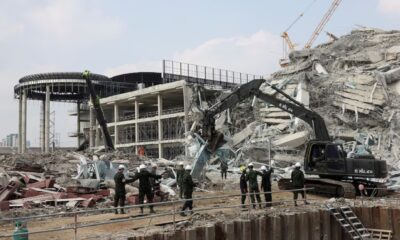
 World5 days ago
World5 days agoMyanmar quake death toll nears 700 as international aid starts to arrive
-

 World3 days ago
World3 days agoMyanmar quake death toll hits 1,700 as aid scramble intensifies
-

 Sport4 days ago
Sport4 days agoIPL 2025: Gujarat Titans beat Mumbai Indians by 36 runs
-
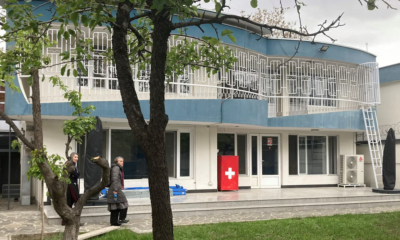
 Latest News2 days ago
Latest News2 days agoSwitzerland re-establishes presence in Kabul with humanitarian office
-
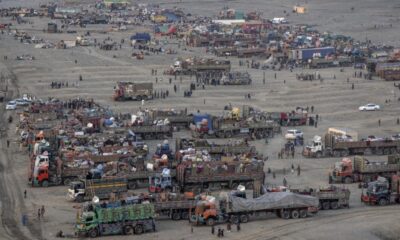
 Latest News3 days ago
Latest News3 days agoPakistan plans to expel 3 million Afghan refugees this year


